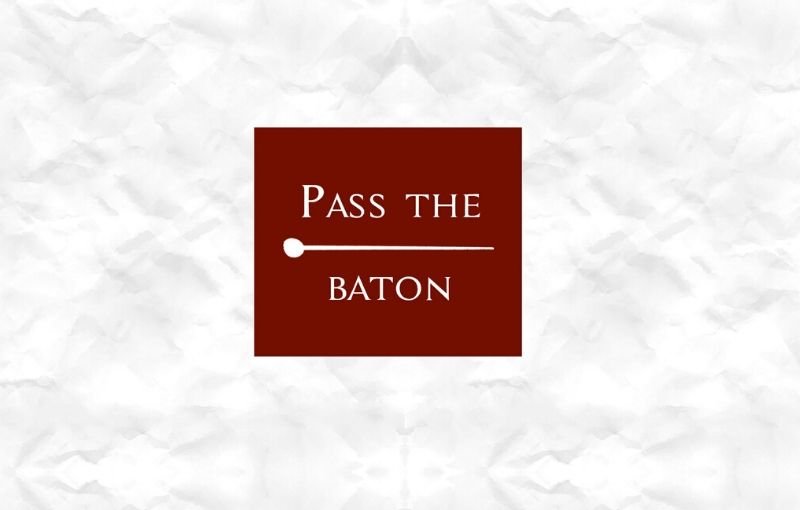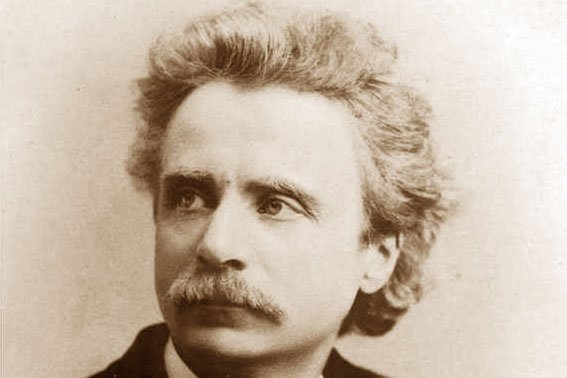Now let’s jump forward: when the new intendant of La Scala swore in last fall, he made a public request to the loggionisti to show a little attitude towards the artists (specifically the singers) as, apparently, lots of them refuse to perform in the Milan opera house being afraid of possible harsh reactions by a handful of people in the audience. This leaves me with two scenarios: either the singers are not good enough to appeal to the loggionisti, or they have not built enough stamina to sustain the pressure of an angry audience. In either case, the conclusion is not a cheerful one.
If the singers are not good enough or not cut for the role they interpret, what are they doing there? Why were they hired? Is it still culture or just promoting a business via highly powerful networking? And what does this do to music if not an injustice to it?
If, on the other hand, singers are good enough for their role, but do not perform the way they are supposed to, why should any audience member pull back from showing their disapproval? Nobody is a machine and can perform every night at 100%, especially considering the tour-de-force that artists often need to face. However, as an audience member, even with an insight by direct experience, I pay a ticket to see a good show and if it turns out not to be it is my right to express so. If a singer is sick then let them rest and send a replacement up who is in good shape. If a singer does not perform well or not well enough for my taste, I am not going to applaud politely him or her just because I feel sorry for them. I do think that unless a singer is unbearable to listen to, he or she should not be interrupted during the show, but manifestation of disappointment should be reserved for the end of it (or at least the end of the aria). After all, where I do not like the singing or the interpretation, others might do. However, not going through with it does not benefit anybody: audience receive progressively worse shows and organizations think it is ok because nobody is saying anything. Nevertheless, if the music business is, in fact, a business then it is very simple: a theater sells me a product, if I am not satisfied with it, I protest. A few months ago, I was in Prague and went to production of Il Trovatore at the national theater. And I booed the tenor.
Throughout the history of opera, tons of singers have been praised and booed, the greatest ones too. If you ride that kind of wave, eventually you will have to face it. Unless of course we want to ask people not to show their disappointment because it is impolite. And while at it, we should ask critics to only write good reviews. As an artist, I do not accept that. Comments, in whatever form or shape makes artist grow stronger, either by forcing them to rethink what they are doing or by making them stand behind every choice they made. I want the truth, whether it is good or bad or mixed, at the end of a performance, not a sugar coded polite version of it. If you are an artist and cannot take it, go do something else. If you decide to perform, you are forced to be naked in front of the audience. Some people like it, some do not. But if you want to hide from it, a lit stage is the last place you should go to.
P.S.: I am perfectly aware that there are claques paid to boo or not (La Scala in primis, you can check with Mrs. Plowright) as well as critics paid to push an artist and mud another. These people are the scum of the professional music world and certainly not the ones I am referring to.










0 Comments